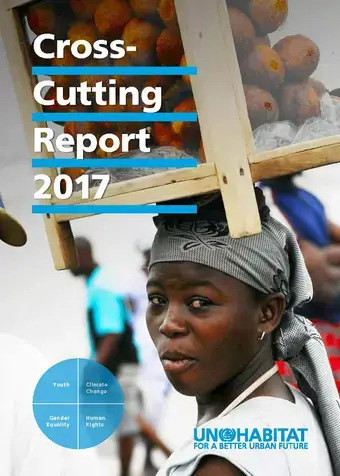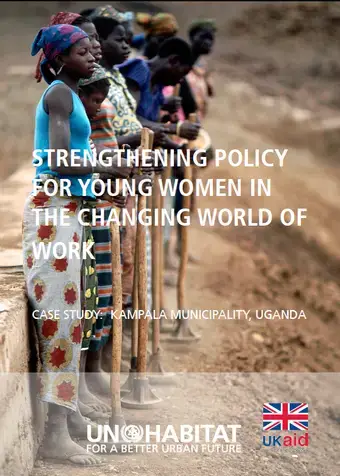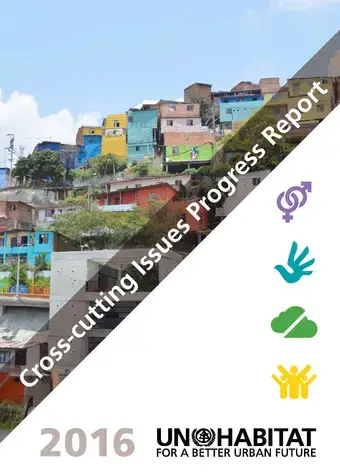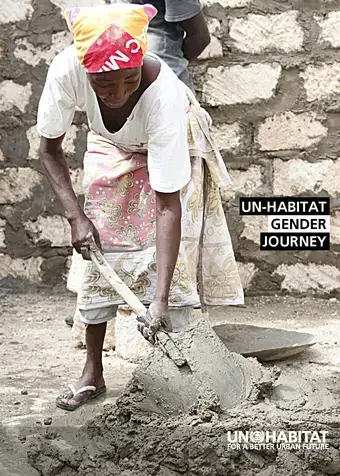 The international workshop is designed for women and men community leaders, grassroots development officers, national and local government officers, non-governmental development practitioners, and women's organizations. Candidates are expected to have academic training or equivalent professional qualifications in relevant subject matter, with at least 5 years of practical experience. They should be presently engaged in promoting sustainable living in their communities.
The international workshop is designed for women and men community leaders, grassroots development officers, national and local government officers, non-governmental development practitioners, and women's organizations. Candidates are expected to have academic training or equivalent professional qualifications in relevant subject matter, with at least 5 years of practical experience. They should be presently engaged in promoting sustainable living in their communities.
Building Sustainable Communities: Leadership, Gender and the Environment Course
A collaborative partnership approach to affordable housing in Vancouver, Toronto, Portland, and Melbourne - Carolyn Whitzman
Based on comparative research in Melbourne, Toronto, Portland and Vancouver, this lecture will focus on how collaborative partnerships can successfully advocate for, and respond to, affordable housing programs.
MP3
Gender Inclusion Critical for Sustainable Urbanization
 28 June 2016 - A panel discussion held in New York this month brought together representatives of UN Women, UN-Habitat, Cities Alliance and the Huairou Commission to discuss results of the Expert Group Meeting on Gender Perspectives of the New Urban Agenda. Panelists included Ms. Aisa Kaycira, Deputy Executive Director of UN-Habitat; Ms.
28 June 2016 - A panel discussion held in New York this month brought together representatives of UN Women, UN-Habitat, Cities Alliance and the Huairou Commission to discuss results of the Expert Group Meeting on Gender Perspectives of the New Urban Agenda. Panelists included Ms. Aisa Kaycira, Deputy Executive Director of UN-Habitat; Ms.




 Surabaya, 26 July 2016 – UN-Habitat, UN Women, Huairou Commission and Ministry of Public Works and Housing, Government of Indonesia organised a joint side event at Habitat III PrepCom3 in Surabaya, Indonesia - A Gender Equality Approach to Urban Development.
Surabaya, 26 July 2016 – UN-Habitat, UN Women, Huairou Commission and Ministry of Public Works and Housing, Government of Indonesia organised a joint side event at Habitat III PrepCom3 in Surabaya, Indonesia - A Gender Equality Approach to Urban Development.